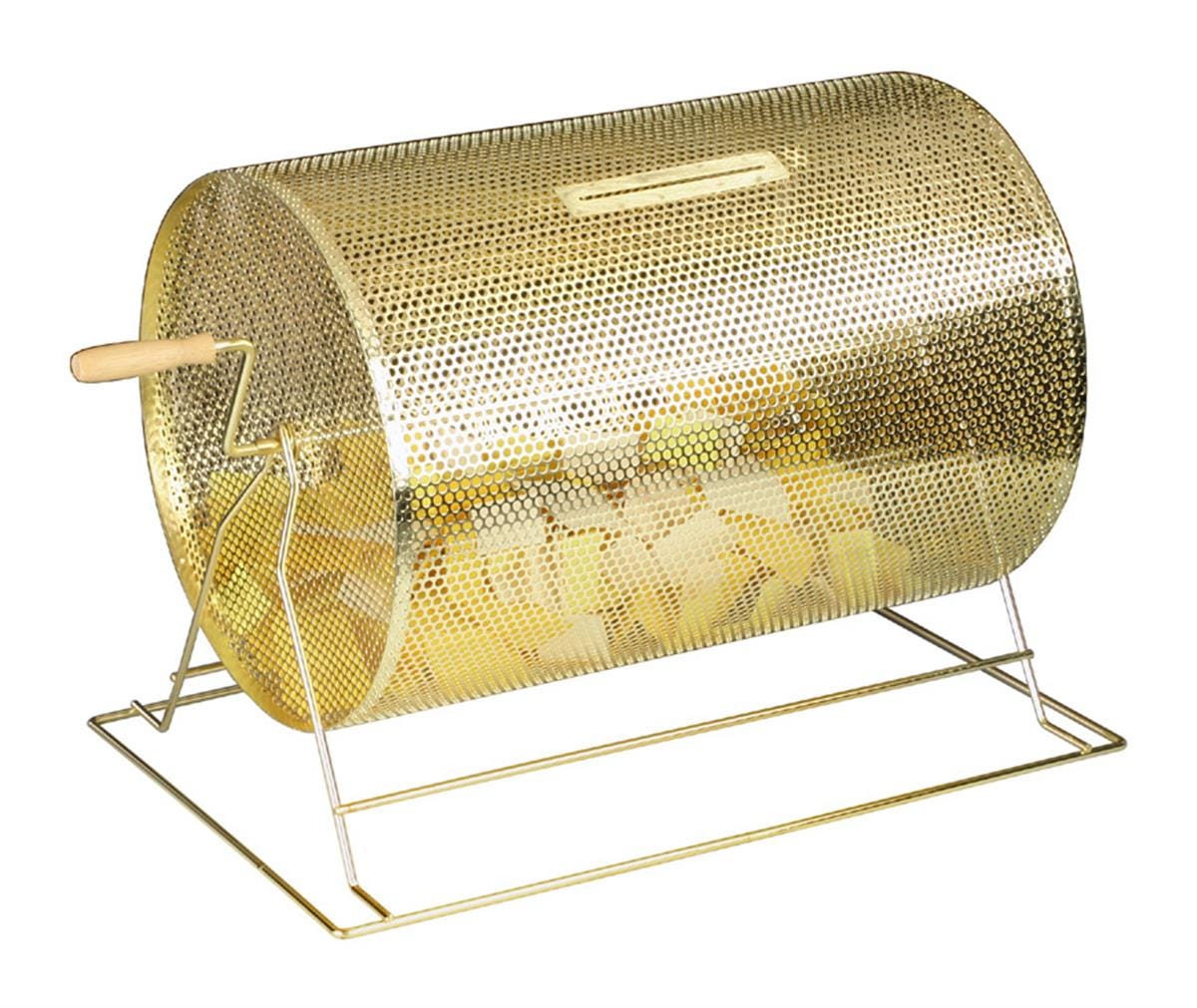Chaos in Action
We've all seen them—the manager who distributes tasks seemingly at random, driven more by proximity or availability than actual skill sets. I call them the "Task Tumbler." They mean well, but their approach often creates more stress than productivity.
In my experience, Task Tumblers often sit at the heart of all activity, overwhelmed and stressed out. They're involved in every detail yet provide little clarity or prioritization. Tasks get forwarded via email without context—just to keep everyone "busy." I still vividly remember a team essentially managed by forwarded emails. The manager intended fairness but neglected the critical aspect: context matters. Without context, "busy" doesn’t translate to productive.
Why Working for a Task Tumbler is Frustrating
Team members under a Task Tumbler often ask themselves, “Is this even my job?” Specialists rarely thrive under these managers because they're frequently asked to perform tasks outside their expertise, leaving them feeling ineffective and undervalued. Generalists might adapt better initially but struggle with developing deeper skills, as they rarely get sufficient repetitions in any one area.
Ultimately, the frustration comes from never truly feeling accomplished. Completing meaningful projects with clear objectives and milestones is deeply satisfying; Task Tumblers rob their teams of this satisfaction, unintentionally creating disengagement and turnover.
The Hidden Costs
Teams led by Task Tumblers often mirror their leader's stress. Burnout becomes widespread, driven by the leader’s mistaken belief that things would improve if they only had more hours in the day or an extra team member. Sadly, Task Tumblers rarely realize they themselves are the bottleneck to progress. Their stress cascades downward, making team members anxious and overwhelmed, ultimately hurting productivity and morale.
My Own Experience and Insights
The #1 piece of advice I offer Task Tumblers is straightforward: clearly define team roles.
First, identify the roles you genuinely need—then map your current team onto those roles. It's rare that anyone fits perfectly, and that's okay. Aim for clarity and alignment. Imagine managing a football team: if a lineman occasionally fills in as a wide receiver, you aren't optimizing their strengths. They’re better off slightly underutilized but specialized, rather than fully utilized but out of position.
If certain roles don't require full-time focus, cross-train team members within closely related tasks to build flexibility without sacrificing productivity.
A practical framework that can significantly help is OKRs (Objectives and Key Results). OKRs provide a structured approach to align tasks clearly with business objectives, reducing ambiguity and ensuring everyone understands their role's purpose.
The Positive Intent of a Task Tumbler
Despite their shortcomings, Task Tumblers often bring great enthusiasm, empathy, and genuine care to their roles. They’re naturally good with people, make others feel valued, and sincerely want to help. However, their aversion to pain or confrontation can stall necessary decisions. Like surgeons reluctant to operate because of short-term discomfort, Task Tumblers struggle to execute tough choices, even when necessary for long-term health.
Working Well Together
For Task Tumblers:
Clearly define roles using structured frameworks like OKRs.
Delegate with intentionality rather than random assignment.
Recognize your limits and learn to say "no" or "not now."
For Their Leaders:
Offer direct guidance and mentorship in prioritization and task management.
Encourage them to adopt structured frameworks to improve clarity and reduce stress.
For Their Teammates:
Seek clarity proactively by asking questions about priorities and roles.
Provide constructive feedback on how random assignments impact your work and morale.
Where Do We Go From Here?
Being "busy" isn’t a badge of honor—effective productivity is. If you're a Task Tumbler, it's time to pause and realign. Clarify roles, prioritize intentionally, and embrace frameworks like OKRs. Your team—and your stress levels—will thank you.


